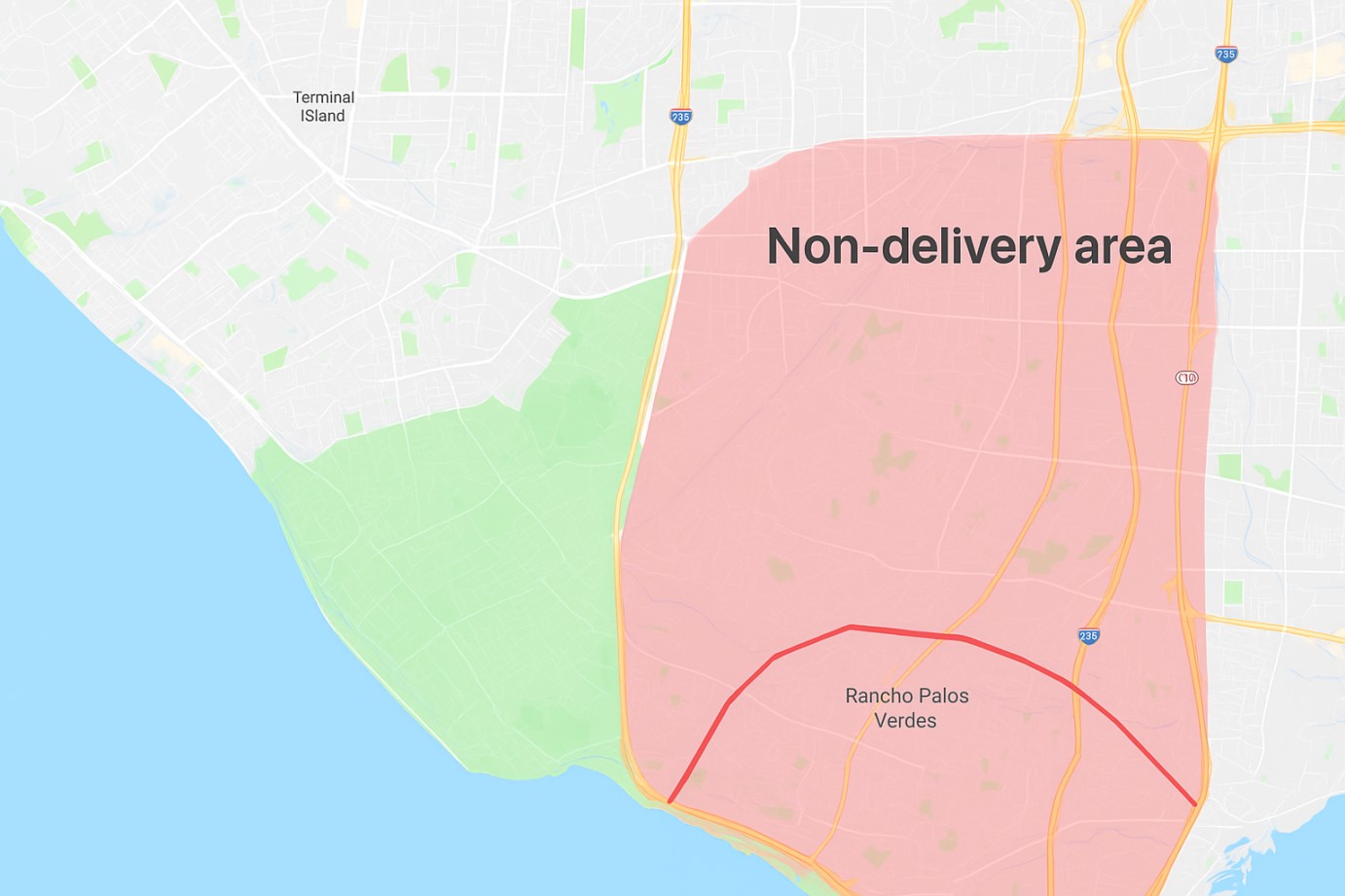This website uses cookies so that we can provide you with the best user experience possible. Cookie information is stored in your browser and performs functions such as recognising you when you return to our website and helping our team to understand which sections of the website you find most interesting and useful.
So, you’re working with the pre_delete_post filter in WordPress? Awesome! This hook is super handy when you need to control whether a post deletion should occur. Let’s dive into it with some live examples and see how you can use it effectively.
pre_delete_post filter
Filters whether a post deletion should take place.
To use the pre_delete_post filter, first, you have to register it using add_filter. You can place this code in the functions.php of your activated theme or in a custom WordPress Plugin.
We at WePlugins always prefer to create a custom WordPress Plugin while using hooks so nothing breaks when you update your WordPress Theme in the future.
In the below live examples, we have defined a function weplugins_modify_pre_delete_post_defaults which takes 3 parameters and we registered it using add_filter. The first parameter pre_delete_post is the name of the hook, the second parameter weplugins_modify_pre_delete_post_defaults is the name of the function that needs to be called, the third parameter is the priority of calling the hook if the same hook is used multiple times, and the last parameter is the number of arguments (if any) to be passed in the registered function.
Sometimes, you might need to remove a registered hook, so you can use remove_filter to remove the pre_delete_post filter.
Parameters
- $delete: (WP_Post|false|null) Whether to go forward with deletion. @TODO description
- $post: (WP_Post) Post object.
- $force_delete: (bool) Whether to bypass the Trash.
Below are the 3 parameters required to use this hook.
Live Example 1
Below is an example of how you can use this hook to modify the deletion process:
function weplugins_modify_pre_delete_post_defaults($delete, $post, $force_delete) {
// Update the $delete variable based on your requirements
return $delete;
}
// Add the filter
add_filter( "pre_delete_post", "weplugins_modify_pre_delete_post_defaults", 10, 3 );
Live Example 2
Now, let’s look at how you can conditionally prevent a post from being deleted:
function weplugins_prevent_specific_post_deletion($delete, $post, $force_delete) {
if ($post->ID == 123) {
// Prevent deletion of post with ID 123
return false;
}
return $delete;
}
// Add the filter
add_filter( "pre_delete_post", "weplugins_prevent_specific_post_deletion", 10, 3 );
Live Example 3
To remove a hook callback, use the example below:
function weplugins_modify_pre_delete_post_defaults($delete, $post, $force_delete) {
// Your code here
return $delete;
}
// Add the filter
add_filter( "pre_delete_post", "weplugins_modify_pre_delete_post_defaults", 10, 3 );
// Remove the filter
remove_filter( "pre_delete_post", "weplugins_modify_pre_delete_post_defaults", 10, 3 );
Make sure to provide the same callback function name, priority, and number of arguments while removing the hook callback.
Contact Us
If you need any customization or run into issues using this hook, feel free to Contact Us. Our team at WePlugins is always ready to assist you!
Explore the latest in WordPress
Trying to stay on top of it all? Get the best tools, resources and inspiration sent to your inbox every Wednesday.




